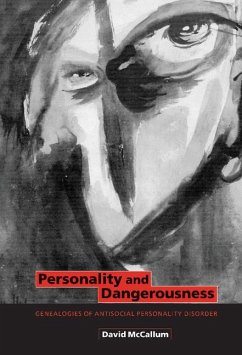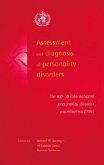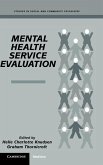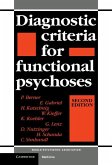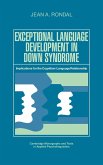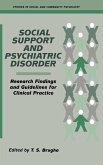In the aftermath of the Port Arthur shootings, Dunblane or the schoolyard killings in America, communities try to come to terms with private and public trauma and there is a need to understand what kind of person can commit such terrible acts. The problem of how to understand dangerousness often centres on the role of the mental health and criminal justice systems and it is from the intersection of these two institutions that the categorisation of dangerous persons has emerged. David McCallum traces the history of the category of antisocial personality disorder and shows how it is linked to particular kinds of governing. He examines key legal and institutional developments in Australia, the UK and the US and also parallel developments within psychiatry and psychological medicine. Applying a social theoretical analysis to this material, McCallum challenges our assumptions about the formation and control concepts of dangerousness and personality.

